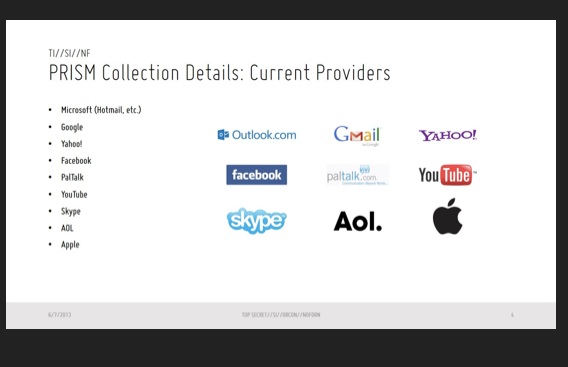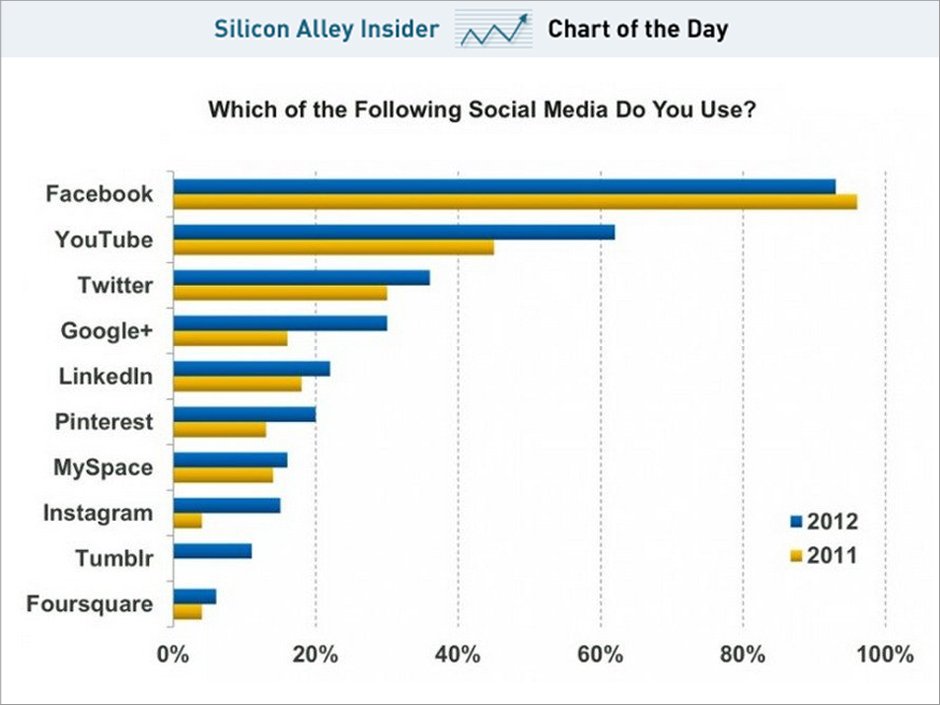Nick Bilton has nice piece in the New York Times about the echo-chamber effect one gets when too many people of the same mindset are gathered together in the same location. The peg for it is Twist, an App for folks who are tired of having to text one another about ETAs when rushing to make meetings. Bilton’s question: does anybody else other than frenetic Silicon Valley types need such a thing?
Is Twist a great idea, or are Mr. Belshe and Mr. Lee [Twist’s inventors] falling into a local propensity for creating a product for technophile friends rather than the public?
Sometimes, Hollywood screenwriters create scripts filled with inside jokes that only people in Hollywood could appreciate. Sometimes, New York media writers write about other New York media writers. And sometimes, tech entrepreneurs in San Francisco and Silicon Valley to the south create companies best appreciated by other people who live and breathe technology.
Twist is hardly the only start-up whose target audience does not seem to extend far from San Francisco Bay. Among many, there’s BlackJet, which offers “affordable private jet” solutions for people in the area. And there’s Swig, which connects people with local liquor stores that provide home deliveries.
“One of the most important lessons I’ve learned is that we are guilty in the Valley of designing things for ourselves, and we are not the target market,” said Andy Smith, who is the co-author of “The Dragonfly Effect,” a book about marketing, technology and entrepreneurship.


